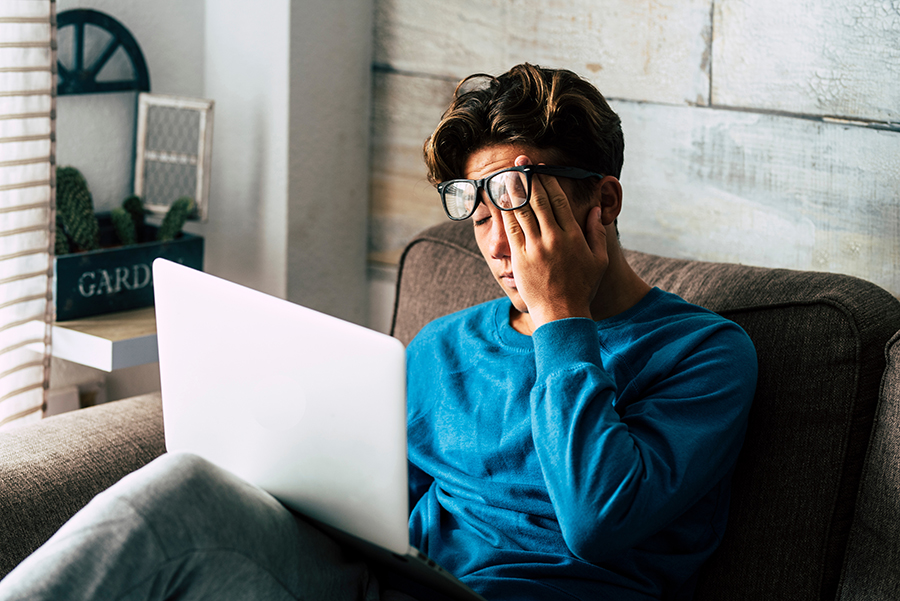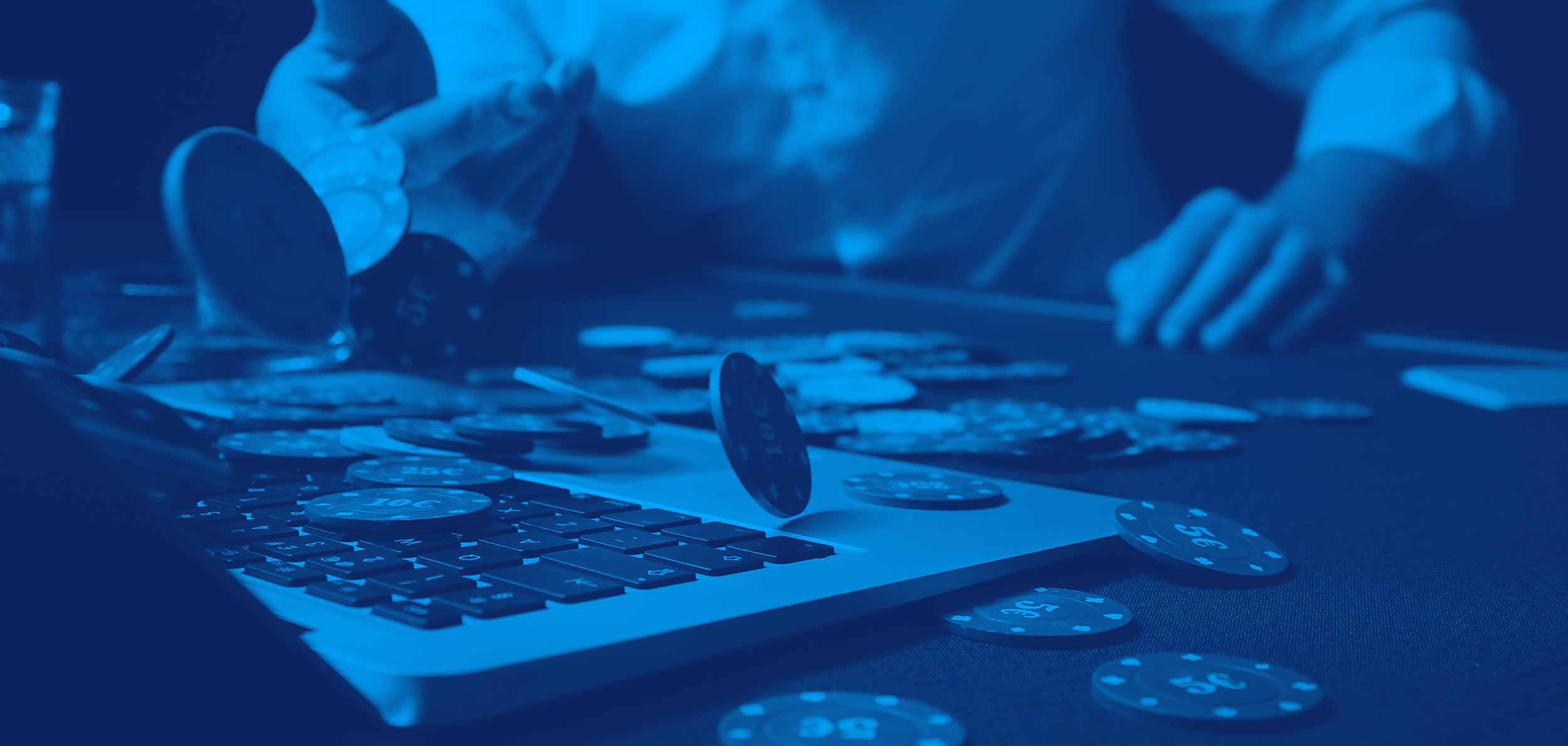Recent studies show a growing problem among teenagers in the US: gambling.
Although the legal age for gambling ranges from 18 to 21, depending on the state, 6 to 8 of every 10 high school students say they’ve gambled for money in the past year, according to the National Council on Problem Gambling. New research reported in Education Week revealed the number of high school students with a gambling problem is already double that of adults!
According to experts, children introduced to gambling by age 12 are four times more likely to develop a gambling problem later in life. Unfortunately, the problem is worse for young men.
According to the National Institutes of Health, adolescent gamblers are likelier to be male. Males are 3-5 times more likely to have a gambling problem than female gamblers. Guess what? The size of your bank account or party affiliation doesn’t matter. The Pew Research Center reports no differences in self-reported sports betting by education, household income level, or party affiliation.
That means this is a challenge for all of us: parents, schools, elected officials, and more.

In a recent study conducted by the Washington Post and the University of Maryland, the majority of adults surveyed said they approve of legalized gambling in general, but 6 in 10 of them worried about its effect on their kids.
Here’s something parents should also know. Many kids are worried, too, even though they may not talk about it. In an anonymous survey I fielded, their concerns became evident.
GAMBLING SURVEY TRENDS
I surveyed 100 boys ages 12 to 18 in the Tri-State area. Their anonymous responses revealed the following trends:
- 63% of teens I surveyed said they gamble
- 20% of those gamble DAILY
- 14% of those gamble weekly
- 93% were aware that their friends gamble
- 20% said nearly all of their friends gamble
- 36% said many of their friends GAMBLE
- 70% expressed concern about their or their friends’ gambling habits
- 43% worried about money
- 14% worried about stress
- 11% said it was causing them to lose sleep
- 10% worried it was affecting their friendships
